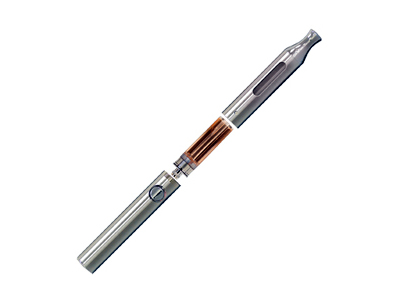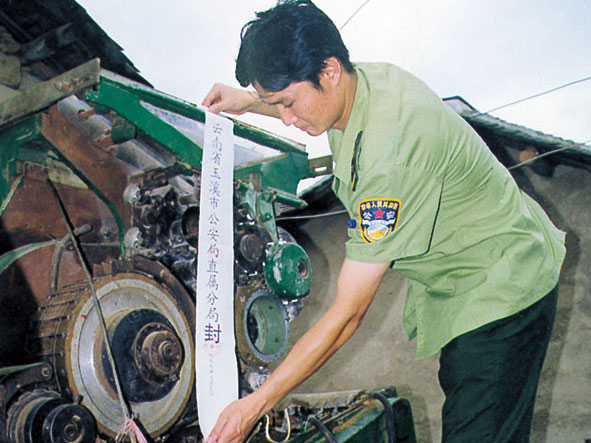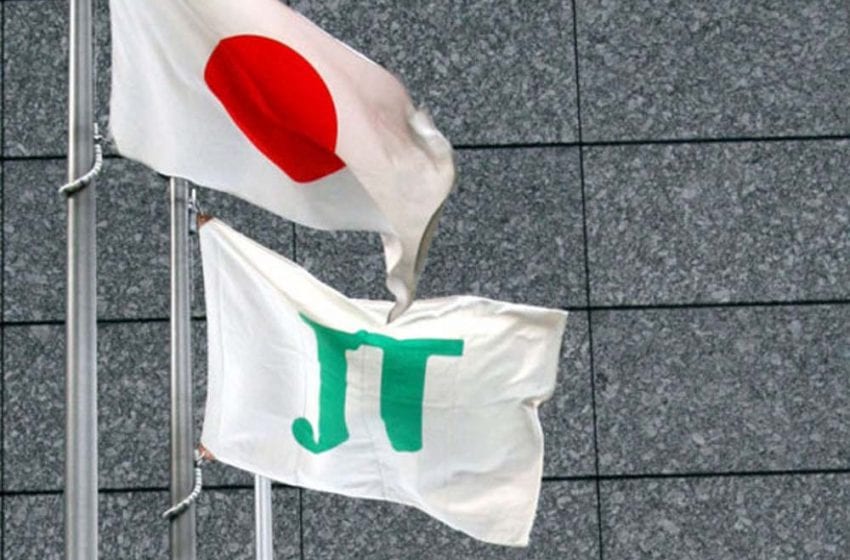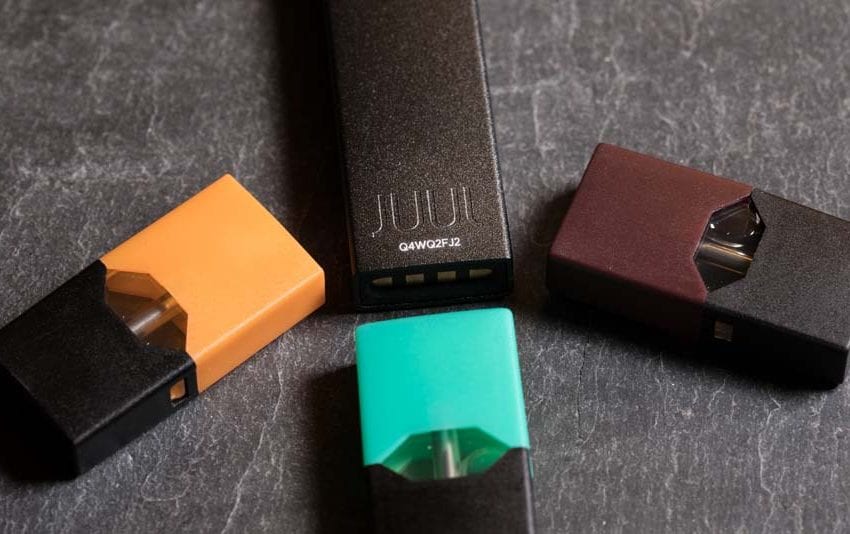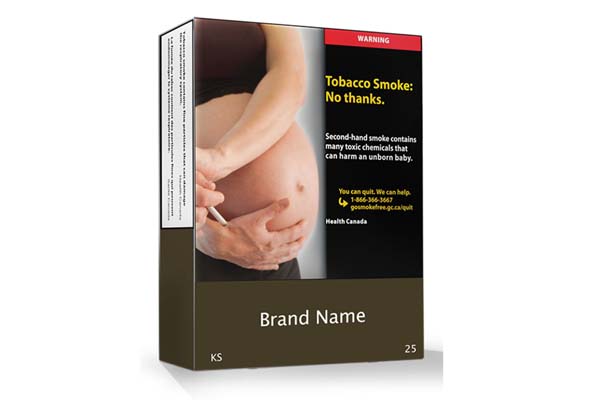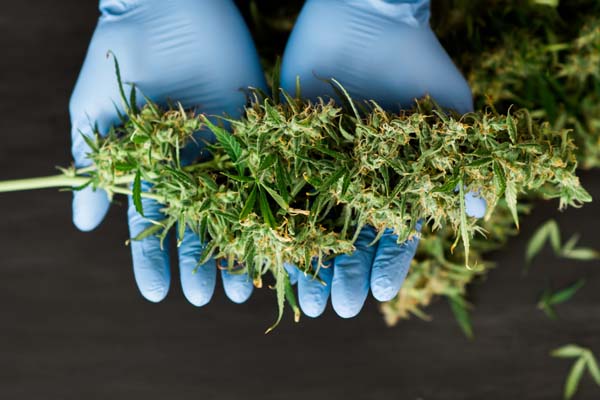Altria Group has written down its investment in Juul Labs by more than a third, citing a proposed federal ban on flavored e-cigarettes and regular crackdowns by states and municipalities throughout the U.S.
The tobacco giant now values the e-cigarette maker at about $24 billion.
Facing declining sales of traditional cigarettes, Altria last year agreed to pay $12.8 billion for a 35 percent stake in Juul Labs, which dominates the U.S. vapor market.
In recent months, Juul Labs has faced intense criticism for a spike in underage vaping. Juul Labs is the subject of several investigations, including a criminal probe by federal prosecutors in California. By May, the company must submit for U.S. Food and Drug Administration (FDA) review any products it wants to remain on the U.S. market beyond that point.
Juul Labs’ sales have fallen since the Centers for Disease Control and Prevention in September warned the public to stop using e-cigarettes as it investigated a mysterious vaping-related lung illness.
The company plans to cut between 400 and 600 jobs by the end of the year as part of a reorganization aimed at mending damaged relationships with regulators.
Hedge fund Darsana Capital Partners also recently wrote down its investment in Juul Labs by more than a third. Fidelity Investments this week disclosed that it had slashed the value of its Juul Labs investment by nearly half, to around $20 billion.
Despite the challenges facing Juul Labs, Altria CEO Howard Willard expressed confidence in the future.
“We continue to believe the evolution of the tobacco industry represents a significant opportunity for Altria,” he said in a statement accompanying the presentation of Altria’s third quarter financial results.
“We marked major milestones in our transformation journey this year, including launching IQOS and completing the on! transaction. We believe that, with current adult smoker trends and e-vapor disruption, it’s an opportune time to expand the availability of these options.”
Analysts believe IQOS holds a distinct competitive advantage in the U.S., given that it’s the only reduced-risk product authorized by the FDA that will also be allowed to sell mint/menthol flavors in the event the FDA clears the market of nontobacco flavor variants.

